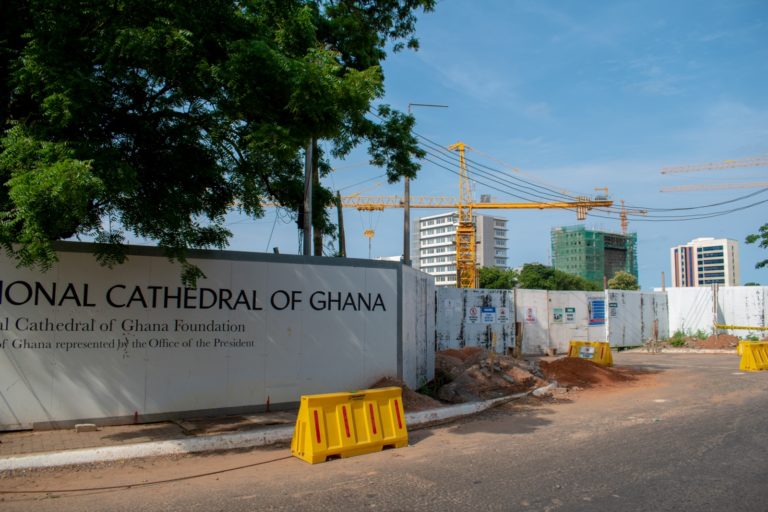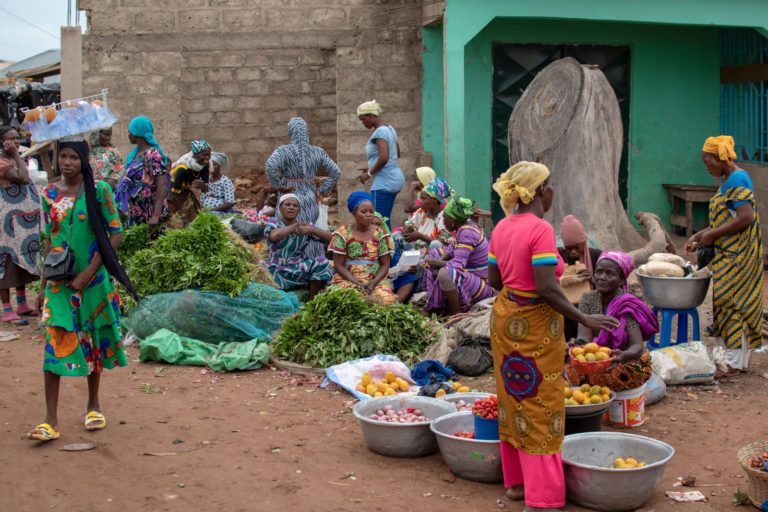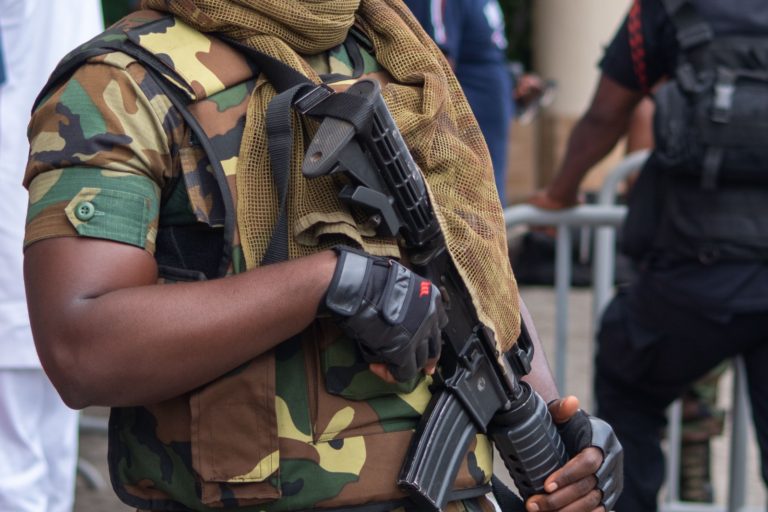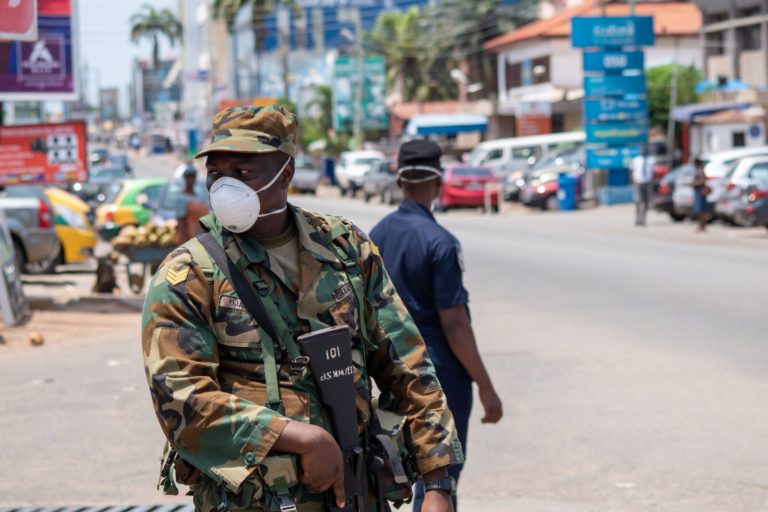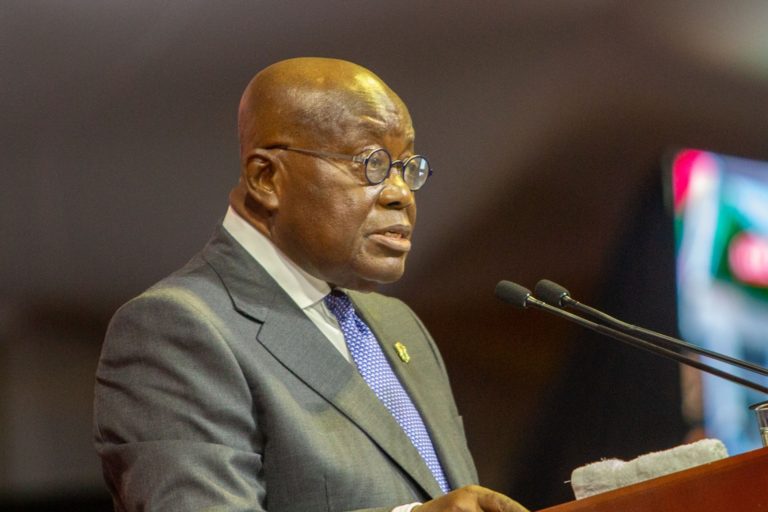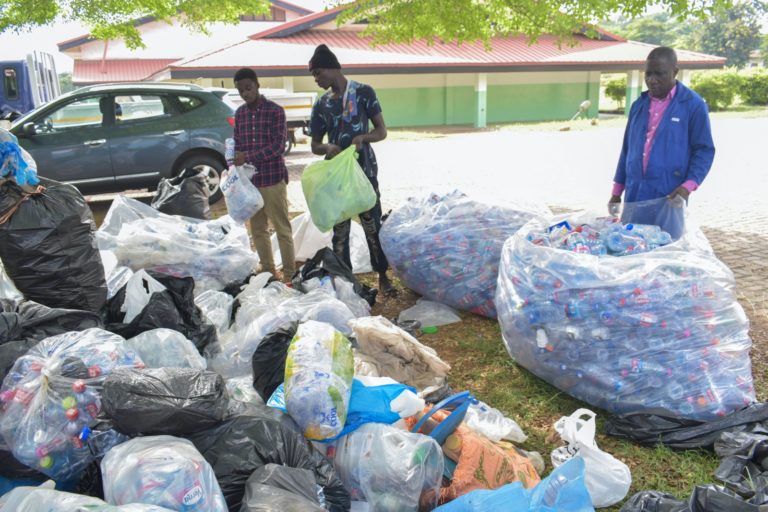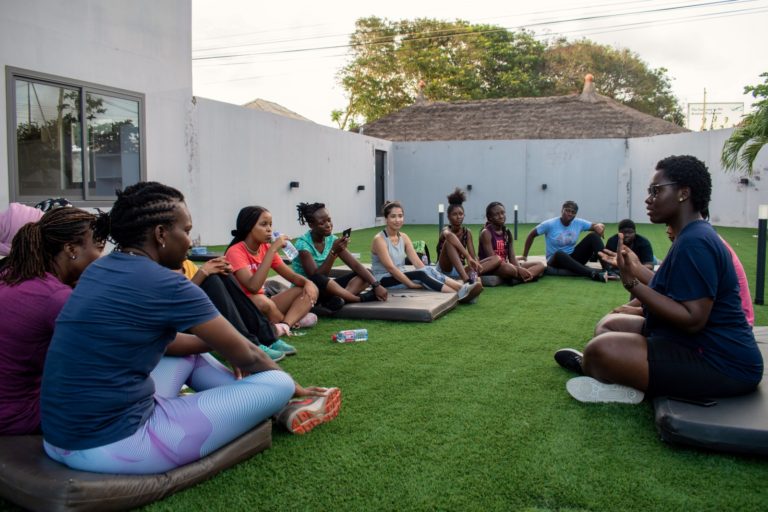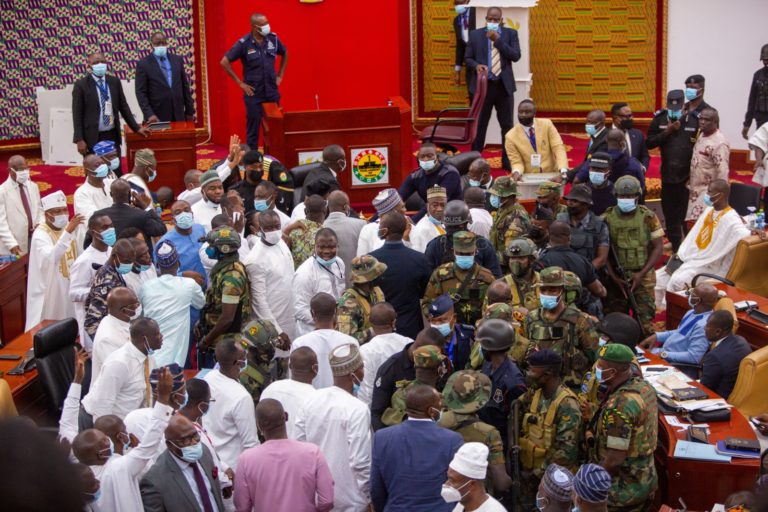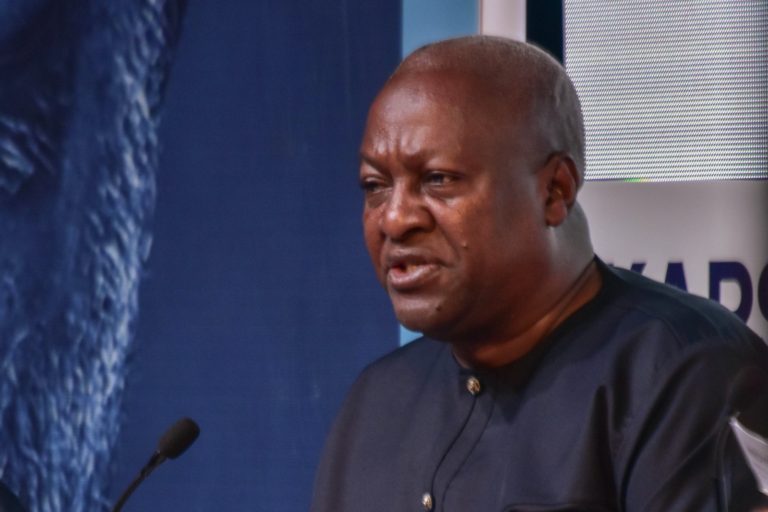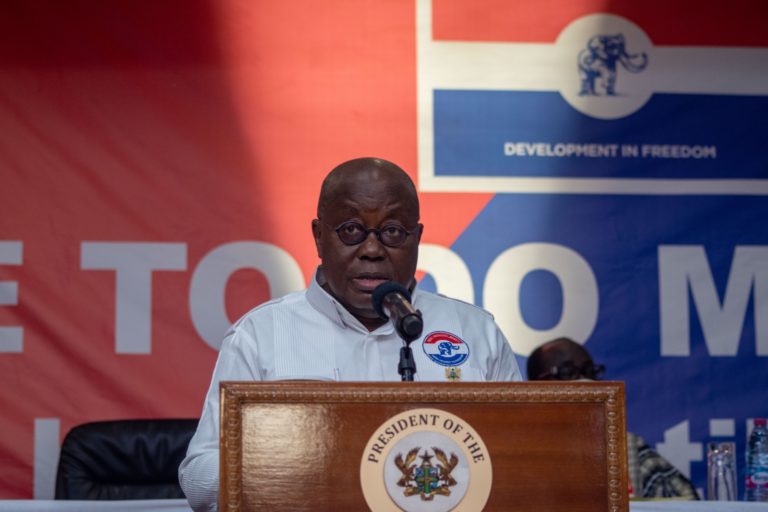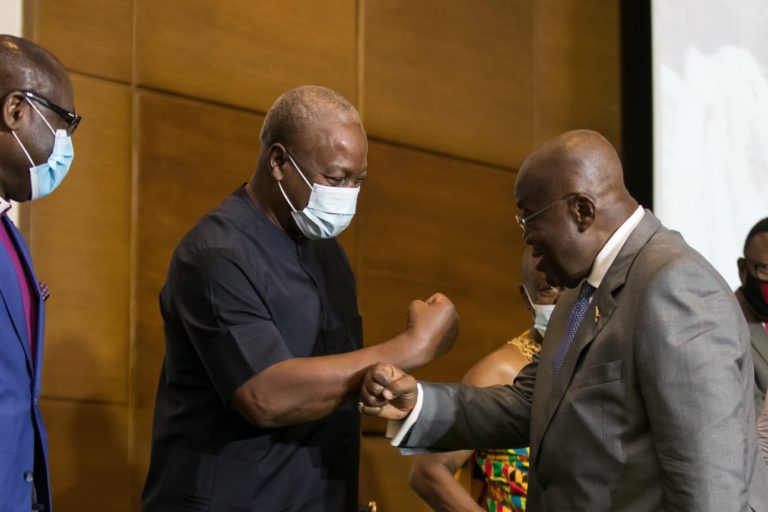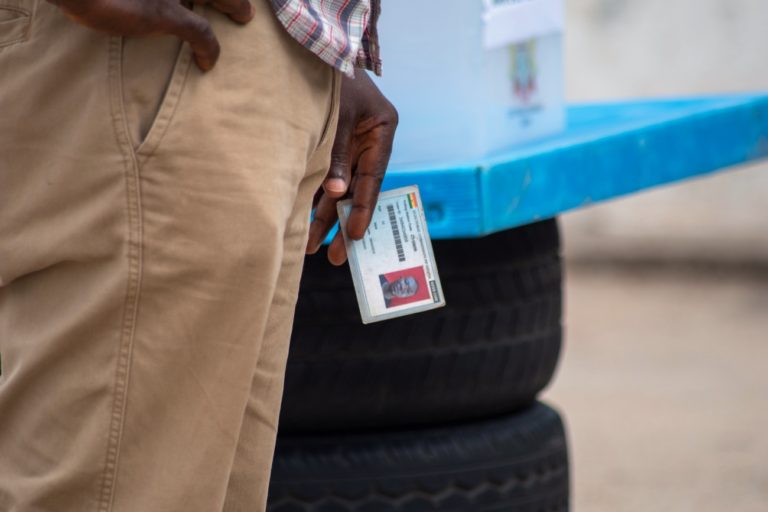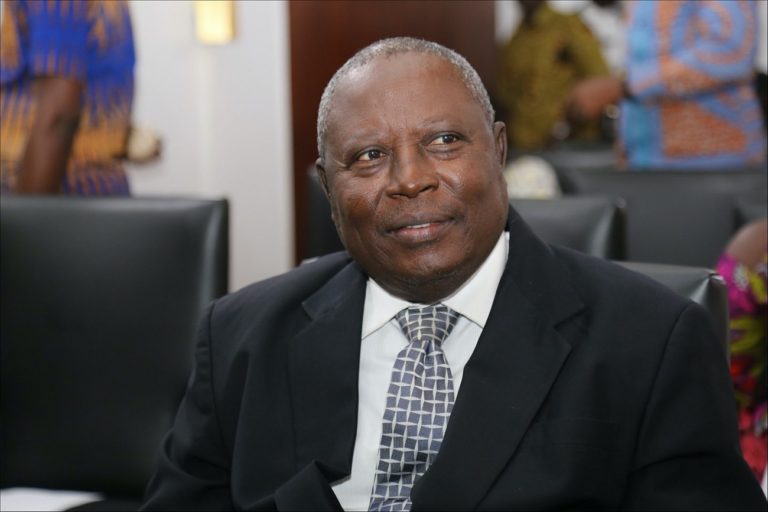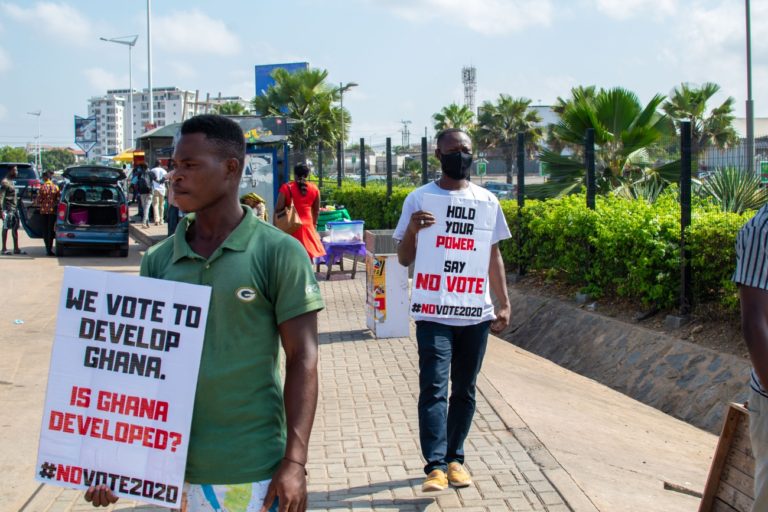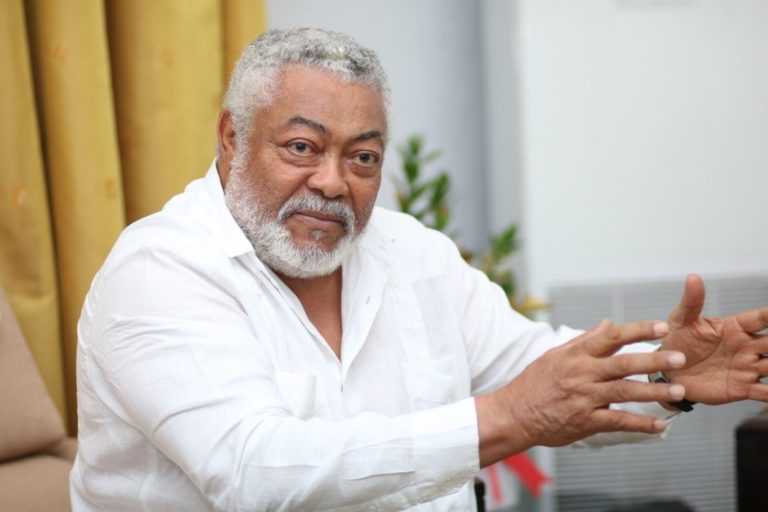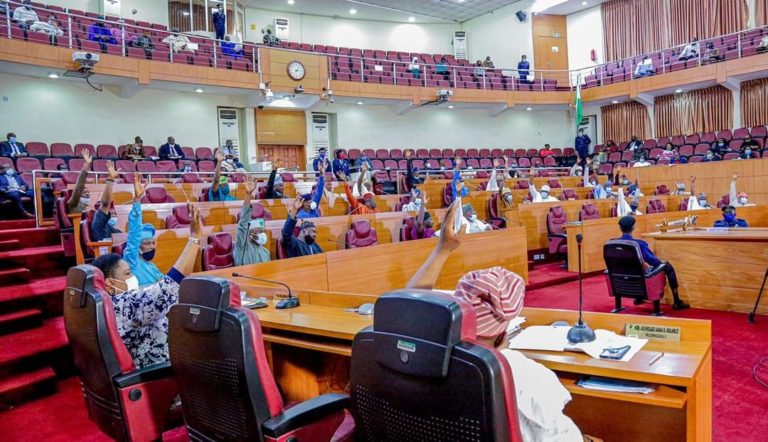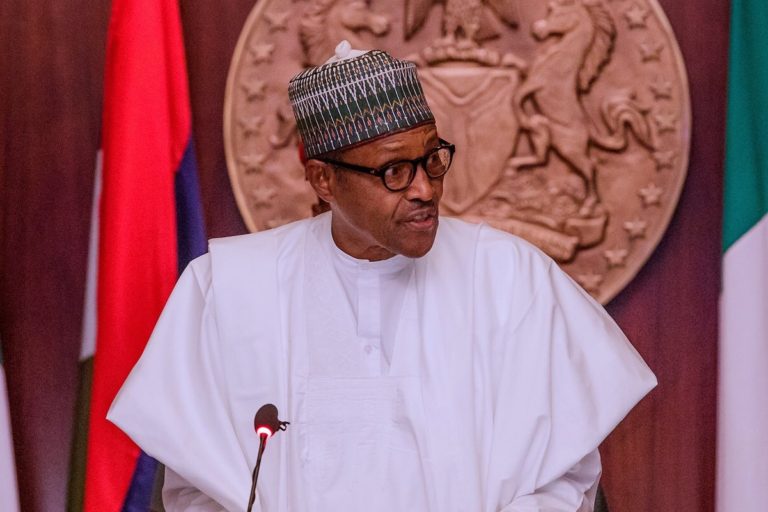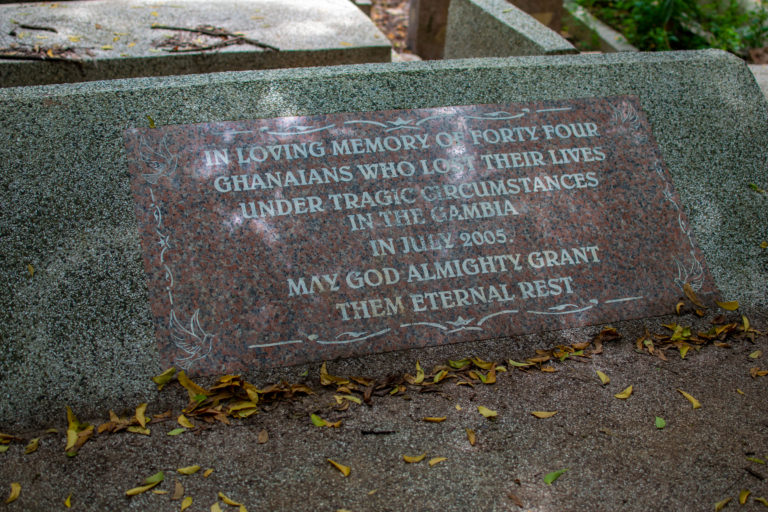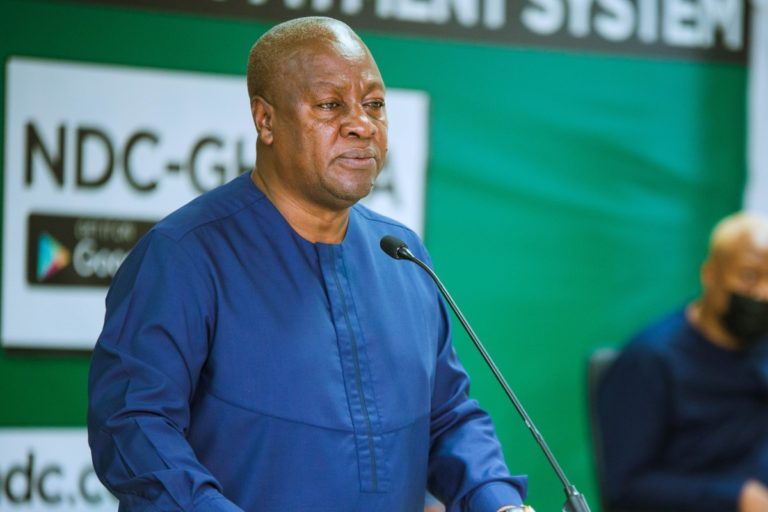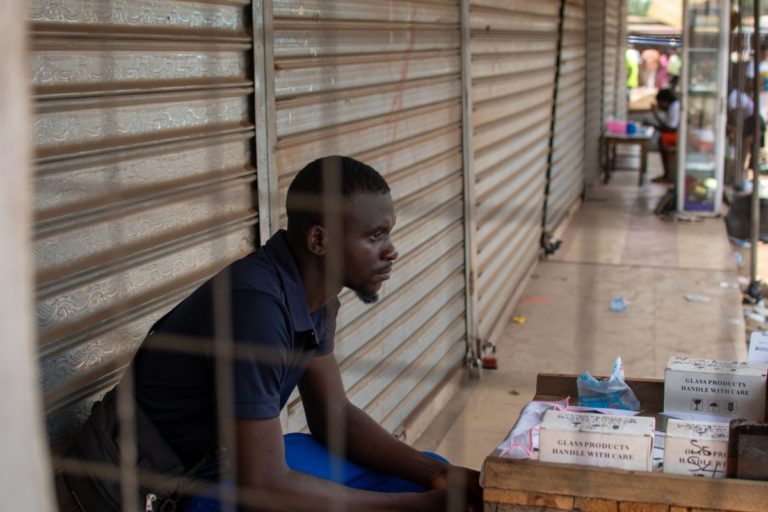The burning cross of the Ku Klux Klan registers starkly as I think about Ghana’s National Cathedral project. What was meant to be a symbol of faith and morality may end up a scar on not just the Ghanaian Christian community, but the entire nation.
Recent developments around the project, comprising leaked documents and remarks from government officials, have heightened the fears that the Ghanaian people could ultimately end up bearing the cost of this unholy convergence of church and state in a secular republic.
The project raised some eyebrows when it was first announced in March 2017. Reason dictated that Ghana focus on more pressing deficits in other areas of society. However, this project had significant backers, with figureheads of Ghana’s Christian community coming out in support. At the time, the Akufo-Addo administration was also yet to wade into the pool of scandal and graft.
To keep the cynics in check, we were told the cathedral, which is expected to seat 5,000, have a series of chapels, a baptistery, a music school, an art gallery, and Africa’s first bible museum, would not primarily be funded by taxpayers’ money.
Instead, the government was going to rely on donations to fund the pledge Ghana’s President Akufo-Addo said he made to God ahead of his 2016 election victory. The only thing the state was going to offer towards the project was a 14-acre piece of land — land on which some state institutions, judges, and even a diplomat had to be relocated.
The earliest estimate of the cost of the project that Ghanaians were given was $100 million. At the time, I had zero confidence the project was going to have enough donations for substantial work on the project. And sure enough, in the 2019 budget, the government announced that it was going to provide seed money for the project.
Fast-forward to 2022 and Ghanaians remain unclear on how much in donations the government has raised towards the project. We do know that the cost of the project has shot up to $350 million and that the government has been pumping much more state funds into the project than its earlier utterances suggested.
Some leaked documents and past commitments from the government indicated that it may have so far spent over GHS 250 million on the project. As part of this amount, GHS 36 million ($4.4 million) has gone to the architect of the project, the western-acclaimed British-Ghanaian architect David Adjaye (whose name also came up in the questionable attempt by Ghana’s Parliament to build a new chamber). As has been noted by observers, questions have to be asked about why he was paid money for a project at such an early stage.
The money going into the project feels like an even harder slap in the face as Ghanaians contend with the crippling inflation that birthed a cost of living crisis. But the rising fuel costs and food prices are just the things that are easy to spot because they affect all Ghanaians on a daily basis. There are other pressing concerns like the decrepit healthcare system littered with abandoned projects and the unacceptable deficits in education.

As a Christian, the relative silence from the prominent pastors and Christian leaders who endorsed this project has been deafening. It is the latest chapter in my frustration with the church in Ghana for not using its influence in Ghana to hold the political class to account.
Nicolas Duncan Williams, one of Ghana’s most influential pastors, even played the card of common partisan foot soldiers, accusing critics of the project of favoring the opposition. “Some of you love your political parties and are more loyal to your political parties than you are to the bible and the cause of Christ,” the charismatic preacher said in 2017.
It is not enough to argue that the cathedral will bring glory to God when we are certain the political class has given up on any sense of morality. Even if the church in Ghana is unconcerned by the government’s misguided priorities, it should be concerned by the half-truths told about the funding of the project and the lack of transparency and accountability.
I wonder if the board of trustees of this project, comprising the who-is-who of Ghanaian Christianity, feel any shame. If we weren’t comfortable saying it before, we can boldly say the hoard of charismatic preachers that the government, including Muslim elements within it, has leaned on for legitimacy are complicit in Ghana’s moral decay and ultimate underdevelopment.
The politics of religion in Ghana stinks. Christianity has seemingly been warped; almost like white supremacists have defiled the cross Christians hold dear in the past. Nana Akufo-Addo can ride on the popular slogan of the “Battle is the Lord’s” to rise to power, but not account for the tens of millions of dollars that he and his cohorts used to fund their campaigns.
Ghanaians seem desensitized to the grave injustice the Cathedral will come to represent. An immoral government is what we have known all our lives and come to expect. We can easily point to scandals, uncompleted hospitals and schools under trees as evidence of its corruption.
If all goes to plan and the national cathedral is ready in 2024, we will unfortunately also have a national edifice to point to when highlighting the corruption of the church.

